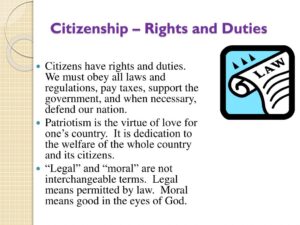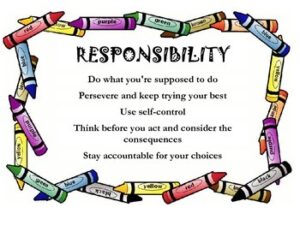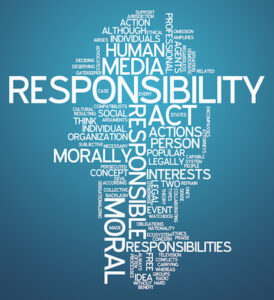Back to: Religion and National Value JSS 1
Welcome to class!
In today’s class, we’re going to be talking about Citizenship. I trust you will enjoy the class!
Rights and Duties of Citizens
Introduction to Citizenship
Citizenship is the bond between an individual and a nation-state, granting the individual certain rights and imposing specific duties to ensure a harmonious society.
Fundamental Rights of Citizens

– Right to Life: The most basic right, which means every citizen has the right to live and to be protected by the state.
– Right to Privacy: Citizens have the right to a private life without interference from the government or other individuals.
– Freedom of Thought and Religion: Everyone has the freedom to think freely and follow any religion or belief system.
– Freedom of Speech and Expression: Citizens can speak their minds, share ideas, and express themselves without fear of censorship.
– Right to a Fair Hearing: If accused of a crime, a citizen has the right to a fair trial by an impartial court.
– Right to Education: All citizens have the right to receive education and improve their knowledge and skills.
Duties and Responsibilities

– Obeying Laws: Citizens must follow the laws of the land to maintain order and security.
– Paying Taxes: Taxes fund public services and infrastructure, so paying them is crucial.
– Jury Duty: When called upon, citizens must serve as jurors in legal proceedings.
– Defending the Country: If necessary, citizens should be ready to defend their nation.
Examples in Everyday Life

– Voting: Participating in elections is both a right and a duty to influence how the country is governed.
– Community Service: Engaging in activities like cleaning public spaces or helping at a local shelter.
– Education: Attending school and doing homework is part of the right to education and the duty to improve oneself.
The Balance of Rights and Duties
Rights and duties are two sides of the same coin; one cannot exist without the other. For example, the right to education comes with the duty to respect the learning environment and the right to freedom of speech comes with the duty not to spread falsehoods.
Impact on National Values
Upholding rights and fulfilling duties reflect and reinforce national values such as:
– Democracy: By voting and respecting others’ opinions.
– Equality: Treating all citizens fairly, regardless of background.
– Liberty: Exercising freedoms responsibly.
We have come to the end of today’s class. I hope you enjoyed the class!
In the next class, we shall be discussing Objects for National Consciousness.
In case you require further assistance or have any questions, feel free to ask in the comment section below, and trust us to respond as soon as possible. Cheers!
Question Time:
- What is the Right to Privacy, and why is it important for citizens?
- Why is it a citizen’s duty to pay taxes, and how does it benefit society?
- Give an example of how Freedom of Speech can be exercised in a school setting.
- How does serving on a jury help ensure justice in our legal system?
